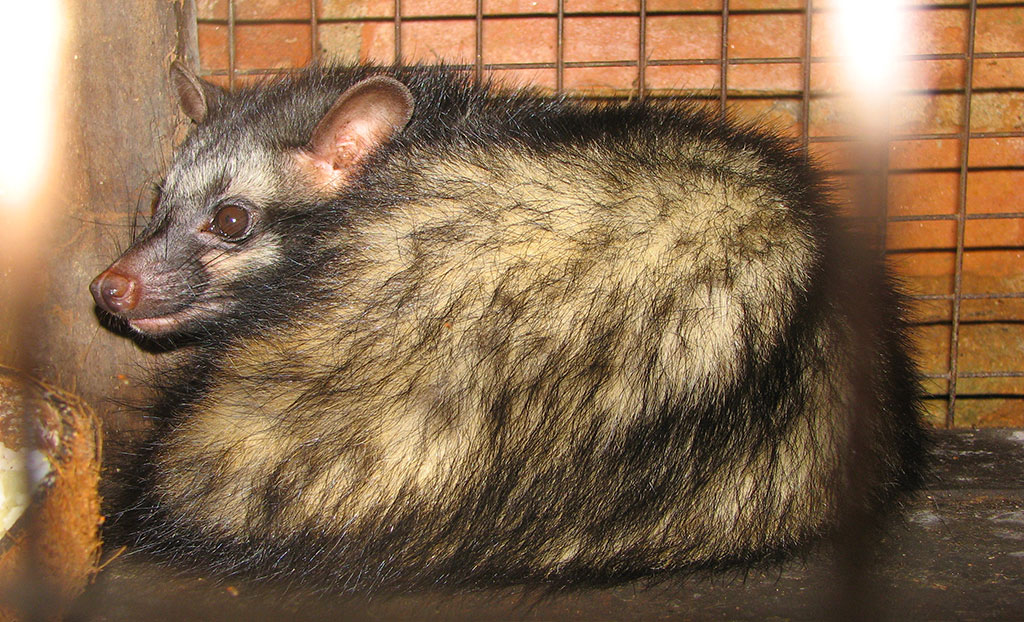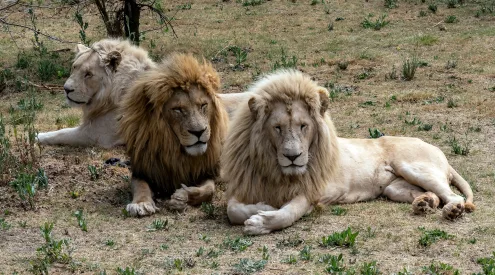On Monday China’s government approved the decision to ban all consumption and trading of wild animals, while the use of wild animals for scientific research, medicine and exhibition will be strictly controlled.
The National People’s Congress Standing Committee approved the ban on Monday in a bid to help ‘safeguard public health and ecological security,’ according to China Central Television (CCTV).
Andrew Cunningham of London’s Zoological Society said, ‘Live wild animal markets, such as the huge wet markets in China…are ideal places for zoonotic virus emergence to occur’ and a number of scientists agree that the coronavirus epidemic was caused by the consumption of a host animal.
‘There has been a growing concern among people over the consumption of wild animals and the hidden dangers it brings to public health security since the novel coronavirus disease (COVID-19) outbreak,’ said Zhang Tiewei, a spokesman for the top legislature’s Legislative Affairs Commission.

Asian palm civet in a cage. Image credit: Wikimedia Commons
Despite a lack of scientific evidence, there is still a widespread belief in China that consuming wild animal products such as rhino horn, tiger and lion bones and civets can cure diseases or improve sexual function.
According to EWN, ‘There already are laws in place against the wildlife trade, but conservationists say they are full of loopholes regarding many species, and that enforcement is episodic or just plain lax.’ There is hope that the new ban will be strictly enforced.
Chinese authorities initially suspended wild animal trade on 26 January in a temporary ban to help stop the spread of the virus, a move that was welcomed by conservationists and groups like The Endangered Wildlife Trust (EWT) and World Wildlife Fund (WWF). The complete ban of trade and consumption of exotic animal is expected to be lauded by these groups too.


















